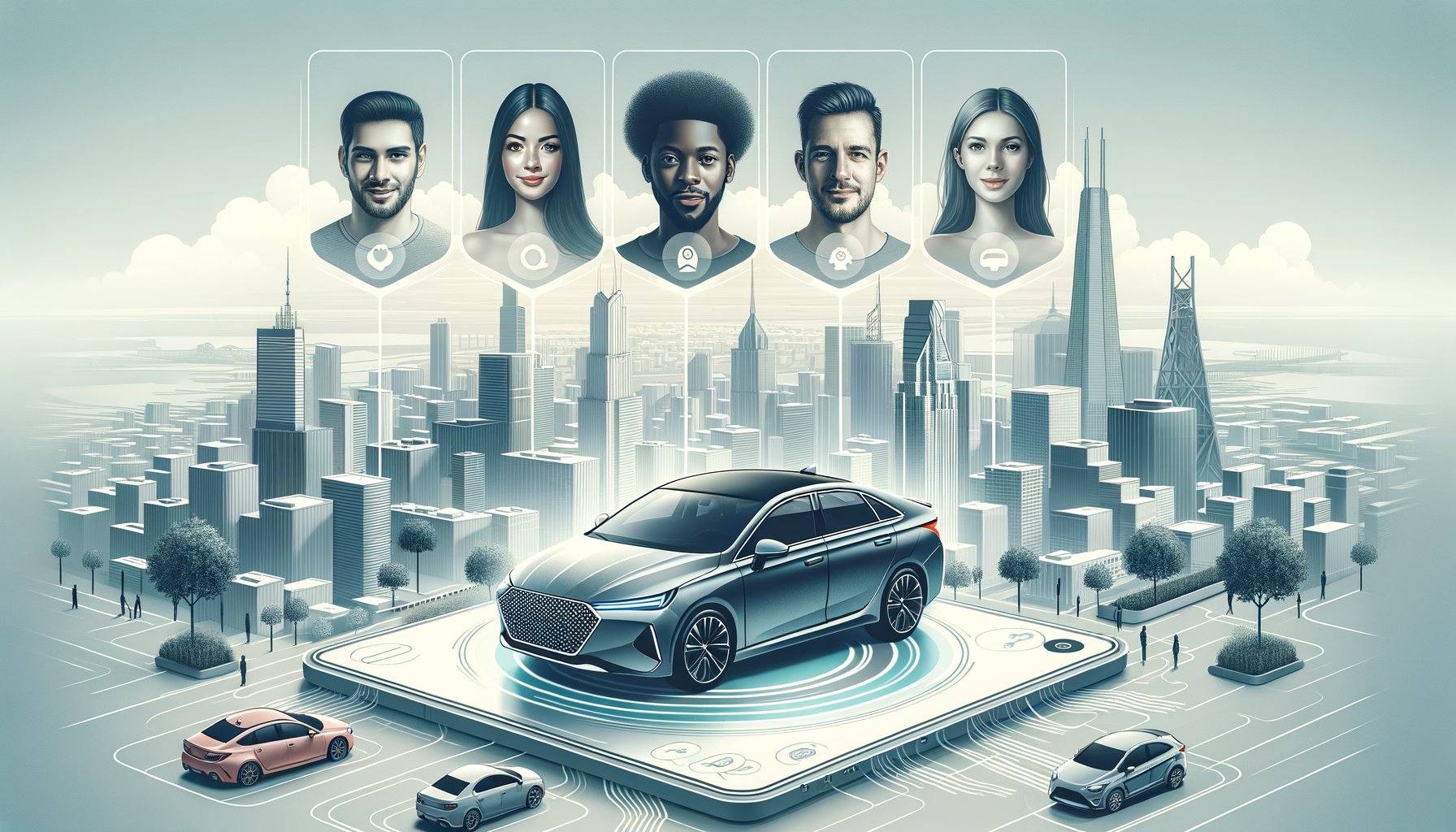Physical Address
304 North Cardinal St.
Dorchester Center, MA 02124
Physical Address
304 North Cardinal St.
Dorchester Center, MA 02124

The automotive world is experiencing a seismic shift. Traditional car ownership, once a symbol of freedom and status, is being challenged by a new model: car subscription services. This emerging trend is reshaping the way we view and use personal transportation, offering an alternative that promises flexibility, convenience, and cost-effectiveness.
Car subscription services are essentially vehicle leasing programs with a modern twist. They provide access to a range of vehicles for a monthly fee, often including additional perks like insurance coverage, routine maintenance, roadside assistance and even the ability to switch cars based on need or preference. This concept represents a significant departure from traditional car ownership or leasing models – it’s akin to having Netflix for cars.
The rise of car subscription services can be attributed to several factors. Firstly, consumer behaviour is changing. In an era where convenience is king and commitment is often avoided, the idea of being tied down by long-term loans or leases can seem daunting to many consumers – especially millennials and Gen Z who value experiences over possessions.
Secondly, technological advancements have made these services possible. With sophisticated software and mobile apps at their disposal, service providers can offer seamless user experiences – from vehicle selection to delivery scheduling – all at the touch of a button.
Thirdly, economic considerations also play a role. While buying or leasing a car involves significant upfront costs and ongoing expenses like insurance and maintenance; car subscriptions bundle these costs into one monthly payment – providing transparency and predictability in terms of expenditure.
There are two primary types of car subscription models: multi-brand platforms run by third-party companies (like Zipcar or Carma) and single-brand subscriptions offered by car manufacturers themselves (like Care by Volvo or Porsche Drive).
Multi-brand platforms offer a variety of vehicles from different manufacturers. This gives subscribers the flexibility to drive a compact city car one day and an SUV the next, depending on their needs. These services typically charge a flat monthly fee that covers all costs associated with vehicle use.
Single-brand subscriptions, on the other hand, allow subscribers to experience different models within a particular brand’s lineup. This might appeal to brand loyalists who enjoy exploring various offerings from their favourite manufacturer. The cost structure for these services can vary – some charge a flat monthly fee while others have tiered pricing based on the type of vehicle selected.
Like any product or service, car subscriptions come with their own set of advantages and disadvantages.
On the plus side, they offer unparalleled flexibility. Subscribers aren’t tied down to one vehicle or long-term contracts; they can change cars as often as their plan allows and cancel their subscription without significant penalties. Additionally, the all-inclusive nature of these services eliminates unexpected costs – making budgeting easier.
However, there are downsides too. Car subscription services can be more expensive than traditional leasing or financing options in the long run. They also require users to be comfortable with digital platforms since most interactions – including vehicle booking and customer service inquiries – are handled online or through mobile apps.
The future looks promising for car subscription services. As technology continues to evolve and consumer preferences shift towards more flexible forms of ownership, these services could become an integral part of our transportation landscape.
Moreover, as autonomous driving technologies mature, we may see subscription models that not only provide access to a variety of vehicles but also include different driving experiences – from fully autonomous rides to traditional hands-on driving.
While it’s too early to predict whether car subscriptions will replace traditional ownership or leasing models, they certainly represent an exciting new option in the automotive world. As with any burgeoning trend, it will be fascinating to see how this one evolves and influences our relationship with personal transportation.